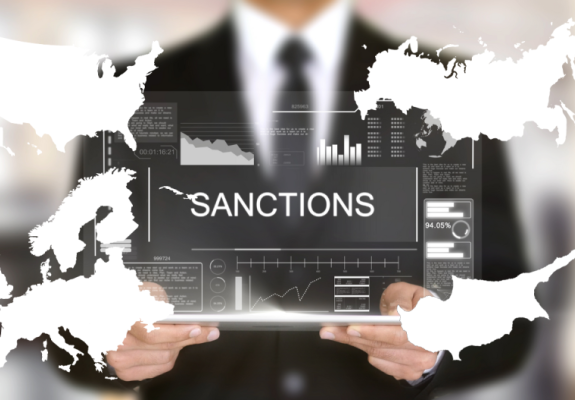Turkish Cypriots Awakening Amidst Political and Social Crises
After the Adıyaman earthquake, the Turkish Cypriot community has been taking steps to improve their quality of life. The ongoing economic and social crises, combined with the intense debate over the burka and the far-right’s push for it, have deeply affected the Turkish Cypriot population. This has sparked a widespread awakening.
This is not just about the "burka" debate; it’s a much larger conflict between the far-right and social democrats. It's not simply a battle of right vs. left; it’s a clash between secularism and Islamism. Many social democrats in the north of the island, whether affiliated with unions or political parties, have taken to the streets, declaring, “Cyprus will remain secular.”
Around 13,000 Turkish Cypriots protested in northern Nicosia on Tuesday evening against the ruling coalition’s attempt to legalize the wearing of hijabs, burkas, and other religious garments by children in public schools. The demonstration, led by KTÖS and KTOEÖS (teachers’ trade unions), received support from various political parties, organizations, and trade unions. Key political figures,Mustafa Akinci, the only politician who has received approval from both sides of Cyprus, leader of the opposition CTP Tufan Erhurman, Major of the northern Nicosia, Mehmet Hamanci, as well as members from other opposition parties like TDP and Volt, joined the protest, alongside various unions and industry groups.
Since the presence of Turks on the island, Turkey has influenced the way of life for the Turkish Cypriot people. While this may seem unacceptable to some, it remains a significant reality. Recently, the rise of far-right movements globally has triggered important debates. On one hand, the political turmoil in the United States raises questions about its global impact, and on the other, the discussion about Hungary possibly being expelled from the EU is creating political uncertainty. The AKP regime in Turkey is taking advantage of this situation, making bold moves to advance its own interests, even at the expense of disregarding the country’s constitution.
In 2011, President Erdoğan declared, “Whatever happens in Turkey will also happen in Cyprus,” referring specifically to the northern part of the island. Fourteen years later, Turkish Cypriots have taken to the streets, refusing to let Erdoğan’s words come true.
As a minority on a small Mediterranean island, Turkish Cypriots are increasingly unable to respond to the rapidly growing population around them. Political power has slipped away from their hands, and their way of life is changing every day. Those who raise their voices are labeled as extremists or even "Greeks" by the majority. This, in reality, is part of a media manipulation campaign, as media outlets have been under control for years, just like many other institutions.
Recent events, such as the Adıyaman earthquake, the ongoing economic and social crisis, and the imprisonment of Ekrem İmamoğlu, seem to have awakened a large part of the Turkish Cypriot community. The issue is not about the burka, but about a broader conflict between the far-right and social democrats—a struggle between secularism and Islamism. Many social democrats in the north of the island, whether affiliated with a party or not, have taken to the streets, declaring, “Cyprus will remain secular, it is and will remain secular.”
Protesters have raised concerns about corruption, a lack of investment in public services, and the erosion of democratic and secular values. Many are calling for renewed negotiations to resolve the Cyprus issue through a federal solution and eventual integration into the European Union.
Turkish Cypriots are no longer silent. They are raising their voices, loudly and clearly:
"I love Ayşe too, but Ayşe, don’t overstep your bounds!"
As Ödül Muhtaroglu rightly said, “The Turkish Cypriot people have preserved their language and religion for centuries. This nation does not need lessons on national consciousness or religion. It is not anyone’s place to dictate to us on these matters.”
And, as Ödül Muhtaroglu also pointed out, “No government can stand against the people’s majority response.”






